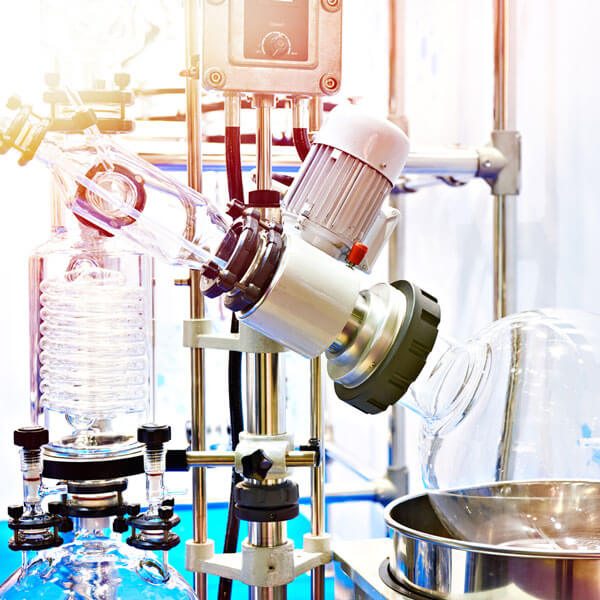Produced Water Testing
Crucial Testing for Environmental Protection, Human Health, and More
Produced water is a byproduct of industrial processes, including oil and gas production, mining, and agriculture. It contains a mixture of hydrocarbons, heavy metals, salts, and other contaminants that can have adverse effects on the environment if not properly managed. Produced water testing is crucial for environmental protection, human health, regulatory compliance, and process optimization. Tests include chemical analysis, oil and grease content, Total Suspended Solids (TSS), pH and salinity, bacterial contamination, toxicity testing, and biochemical oxygen demand (BOD) and chemical oxygen demand (COD).

Tests Involved:
- pH levels
- Total Suspended Solids Filtration
- Sulphide as H2S Titration
- Specific Gravity
- Resistivity
- Salinity
- Mercury Content
- Arsenic Content
- Ion Composition Analysis
- Anions (Cl ,F, Br, I)
- BTEX Analysis: Benzene, Toluene, Ethylbenzene, and Xylene
- Hydrocarbon Characterization
- Trace and Ultra-trace Analysis
- Reservoir Souring Microbial Management
- Phosphate-PO4
- Sulphate-SO4
- Nitrite-NO2
- Nitrate-NO3
- Conductivity
- Chemical Analysis
- Oil and Grease Content
- Total Suspended Solids (TSS)
- pH
- Salinity
- Bacterial Contamination
- Toxicity Testing
- Biochemical Oxygen Demand (BOD)
- Chemical Oxygen Demand (COD)
